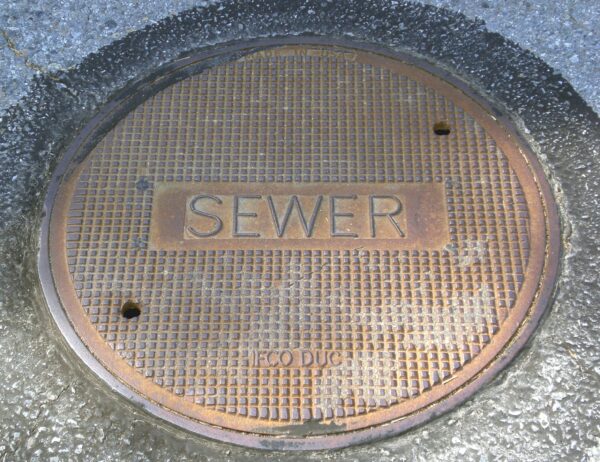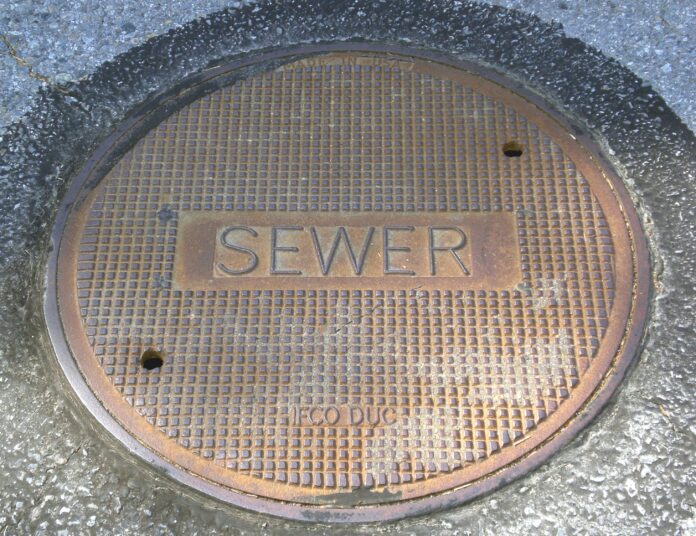Beneath our bustling cities, a silent revolution is underway, one that promises to protect countless homes from the devastating wrath of urban flooding. Artificial intelligence is being quietly deployed within complex sewer networks, transforming these subterranean labyrinths into smart, predictive systems that can foresee and prevent blockages and overflows before they wreak havoc on streets and properties.
The days of simply reacting to burst pipes or flooded basements are rapidly fading. Water utility companies, grappling with aging infrastructure and the increasing intensity of extreme weather events, are turning to AI-powered solutions to bring unprecedented intelligence and resilience to their underground drainage networks.
One of the pioneers in this technological leap is Southern Water in the UK, which recently announced a significant reduction in internal and external flooding in parts of West Sussex thanks to its AI-driven sewer monitoring system. This advanced network uses digital sensors to constantly monitor the flow of water through sewage pipes, feeding real-time data to intelligent algorithms.
“We’re essentially giving our sewers a brain,” explains Daniel McElhinney, proactive operations control manager at Southern Water. “The AI learns the normal behavior of the sewer system – the morning rush, the evening quiet, how it responds to rain. It can then spot the slightest anomaly, like the early signs of a fatberg forming, long before it becomes a problem.”
How AI is Turning Sewers into Smart Defenders:
- Proactive Blockage Detection: Unlike traditional methods that react to blockages once they cause issues, AI can predict them. By analyzing subtle changes in flow patterns and pressure, the system can identify a developing obstruction – often a “fatberg” composed of congealed fats, oils, and non-flushable wipes – days or even weeks in advance. This allows maintenance crews to intervene and clear the blockage before it causes an overflow and floods homes.
- Real-time Anomaly Alerts: The vast network of sensors continuously transmits data. AI processes this information in real-time, instantly flagging unusual readings that could indicate a blockage, a leak, or an impending overflow due to heavy rainfall. This dramatically shortens response times for utility teams.
- Predictive Flood Mapping: Beyond individual blockages, AI systems can integrate real-time rainfall data, weather forecasts, and historical flow patterns to predict where and when flooding is most likely to occur. This allows cities to take proactive measures, such as temporarily adjusting water flow gates or deploying mobile flood defenses in high-risk areas.
- Optimized Network Management: AI can help utilities understand the complex dynamics of their entire sewer network, identifying bottlenecks, underutilized sections, and areas most vulnerable to future climate change impacts. This data-driven insight allows for smarter infrastructure investment and maintenance planning.
- Reduced Pollution Incidents: Blocked sewers are a major cause of pollution incidents, leading to wastewater spills into rivers and other natural waterways. By preventing these blockages, AI directly contributes to improved environmental health.
The benefits are clear: fewer flooded homes, reduced property damage, lower clean-up costs for municipalities, and a more sustainable urban environment. While the initial investment in such smart sewer systems can be substantial, the long-term savings from preventing costly flood damage and pollution incidents are expected to be immense.
Experts caution that while AI is a powerful tool, it’s part of a larger solution that also requires public education about what not to flush down drains and continued investment in traditional infrastructure upgrades. However, as climate change brings more unpredictable and intense rainfall events, the unseen power of AI working beneath our feet is set to become an increasingly vital guardian against urban flood catastrophes, ensuring that our homes and communities remain safe and dry.

